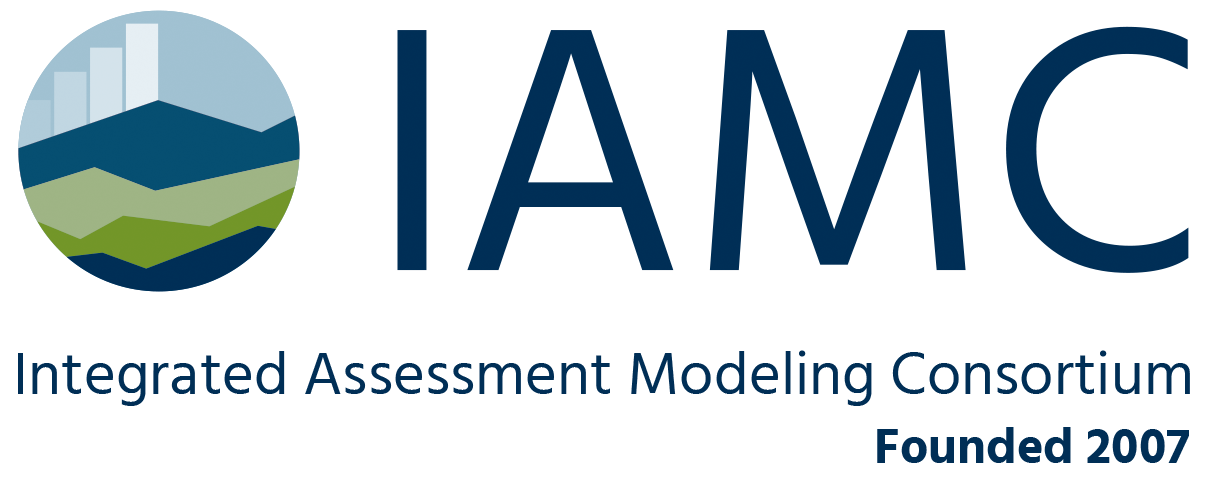TOOL
CEDS – Community Emissions Data System
- Geographical scope:Global, National
- Time horizon:1750-present
- Initial Release:2014
- Institution(s):Pacific Northwest National Laboratory, United States Department of Energy
- Link:https://store.pnnl.gov/content/community-emissions-data-system-ceds
- Contact:Steve Smith
- Contact e-mail:ssmith@pnnl.gov
The Community Emissions Data System (CEDS) uses existing emissions inventories, emissions factors, and activity/driver data to estimate annual country, sector, and fuel specific emissions over time. First a default emission estimate is developed using IEA energy statistics and emissions factors, mostly derived from GAINS (combustion), EDGARv4.3 (non-combustion) and CDIAC (for CO2 emissions). Default estimates are scaled to match existing national and regional emissions inventories where available, complete, and plausible including (not limited to) national reporting to EMEP, MEIC, US EPA trends, and REAS. Scaled emissions estimates are extended back to 1750 by extending activity data and emission factors separately to produce a full trend from 1750 – 2014. Finally, gridded emissions with monthly seasonality and VOC speciation are produced from aggregate estimates at the country level using spatial proxy data (largely EDGAR gridded emissions) and distributed by 9 final gridded sectors. Detailed methodology, data, and assumptions are available in the main text and supplement of the accompanying journal article published in Geoscientific Model Development (Hoesly et al., 2017). The system is written using the open source R language.
The CEDS project has recently released aggregate emissions data (sector, country/sector, country/fuel) that now extend to 2019, along with the underlying code and data. The system was also extended to include N2O. For further details see the project GitHub site, https://github.com/JGCRI/CEDS, which includes links to the aggregate emission data and figures comparing the new data with past releases. To receive announcements of data updates and releases please sign up for the project listtserv. We appreciate any comments, feedback, and participation in improving these emission estimates. Contact: ssmith@pnnl.gov.



